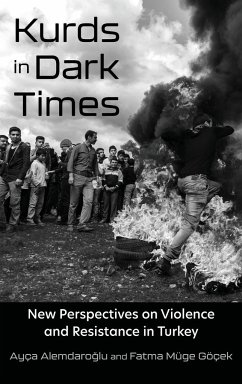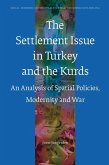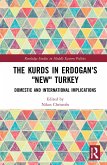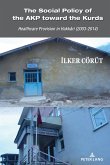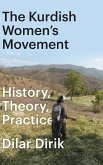With an estimated population of 35 million, Kurds are the largest ethnic group in the world without an independent state of their own. The majority of Kurds live in Turkey, where they constitute 18 percent of the population. Since the foundation of the Turkish republic in 1923, the history of the Kurds in Turkey is marked by state violence against them and decades of conflict between the Turkish military and Kurdish fighters. Although the continuous struggle of the Kurdish people is well-known and the political actors involved in the conflict have received much scholarly attention, little has been written from the vantage point of the Kurds themselves. Alemdaroglu and Göçek's volume develops a fresh approach by moving away from top-down, Turkish nationalist macro analyses to a micro-analysis of how Kurds and Kurdistan as historical and ethnic categories were constructed from the bottom up and how Kurds experience and resists marginalization, exclusion, and violence. Contributors looks beyond the politics of state actors to examine the role of civil society and the significant role women play in the negotiation of power. Kurds in Dark Times opens an essential window into the lives of Kurds in Turkey, generating meaningful insights not only into the political interactions with the Turkish state and society, but also the informal ways in which they negotiate within society that will be crucial in developing peace and reconciliation.
Bitte wählen Sie Ihr Anliegen aus.
Rechnungen
Retourenschein anfordern
Bestellstatus
Storno

